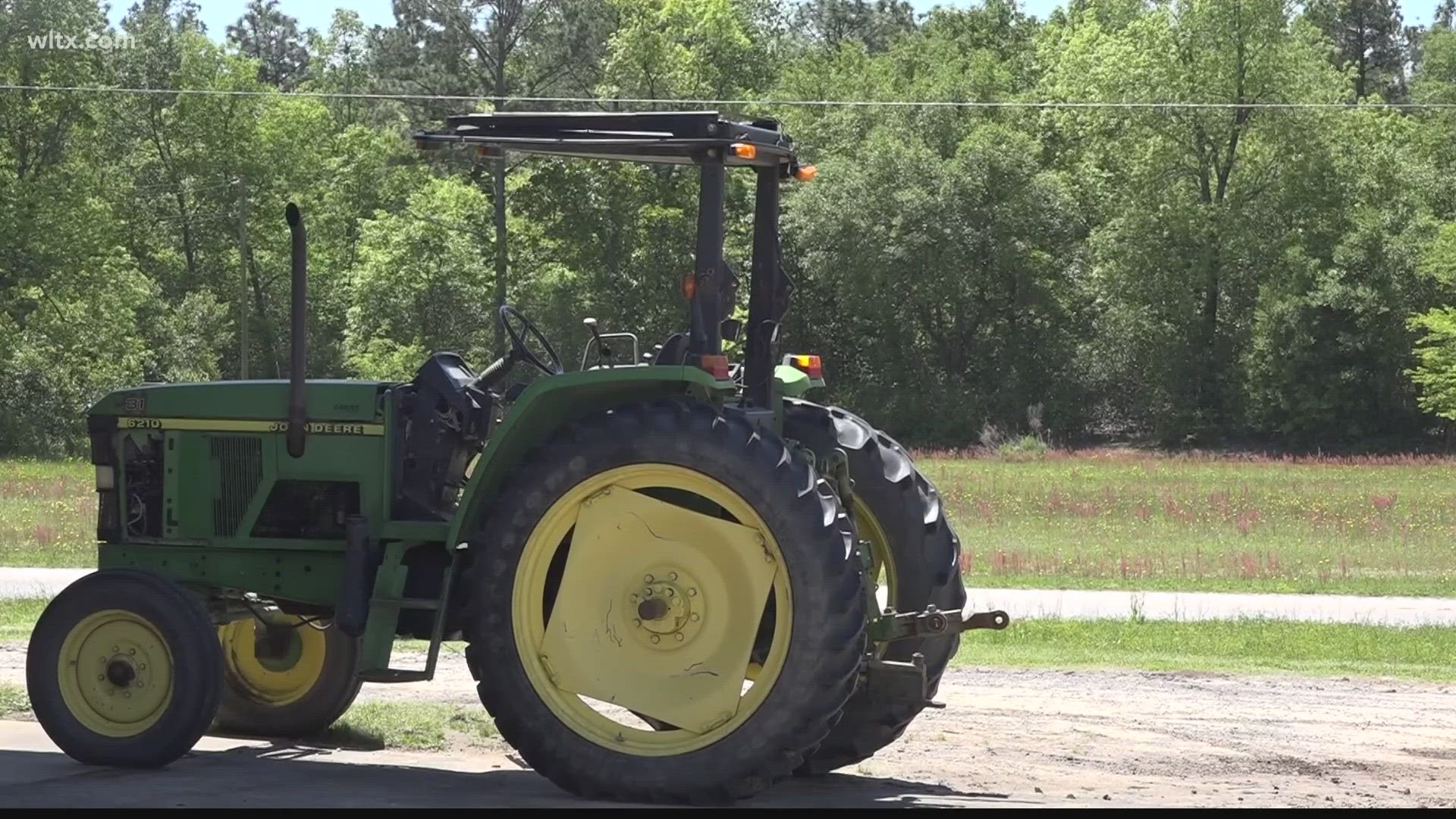LEXINGTON COUNTY, S.C. — Farmers in the Midlands are getting ready for planting season, and one thing they'll be considering is the negative impact wildlife will have on their crops.
The South Carolina Farm Bureau just released survey data about wildlife damage to farming crops.
It found that out of the nearly 700 farmers who responded, 69% of them said they've experienced significant wildlife damage on their farm.
It also points to wild hogs, beavers, deer and coyotes causing the most problems.
Cory Heaton is a wildlife specialist with the Clemson Extension. He tells News 19 his research organization has been studying deer damage to crops the past five years, adding that it's only getting worse.
"If you look at the information that the Department of Natural Resources publishes each year on the annual deer report, our deer hunters are probably harvesting less than one deer per hunter now. So the hunters just don't harvest deer the same way that they used to," Heaton said.
News 19 also caught up with local Lexington vegetable farmer Chris Rawl to learn more about the wildlife challenges he's currently facing.
"Living so close to Lake Murray and farming so close to Lake Murray we have a lot of influx from Canadian geese that like to visit our fields and they will destroy small plants in particular. They don't really bother our big plants. And now deer, especially with the heavy growth in the county, the deer are concentrating on smaller land now and are visiting our fields more frequently than they used to," Rawl said.
Rawl currently runs Clayton Rawl Farms. He explains deer have been getting to his romaine fields recently, so he tries to steer them away by spraying a pesticide soap and laying milorganite.
Rawl adds that if things get worse, he'll have to invest in an electric fence, which would be extremely costly.
"There really isn't a system that I'm aware of in the farm bill to help offset the cost that these farmers are experiencing. And currently, I'm not aware of anything in the farm bill to help the farmer prevent damage from deer and hogs occurring in their fields," Heaton said.
Heaton and Rawl explains that something needs to be done that's a more permanent solution, whether that's loosening up regulations for hunters or another innovative answer.
According to the South Carolina Farm Bureau survey data, 61% of the farmers polled explain they spend between $5,500 and $100,000 annually on warding off wildlife from their crops.

